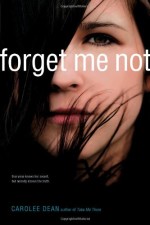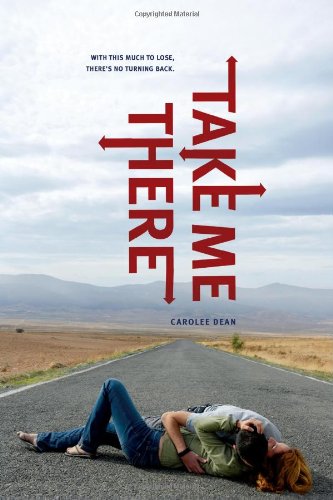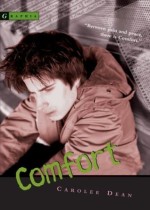by Sherri Burr
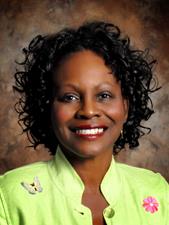 Joint author collaborations can be as complicated as marriages, and last as long or as briefly. Jimmy and Rosalind Carter survived a multi-decade marriage before deciding to co-author a book. They raised several children, ran a peanut farm, governed the state of Georgia, and lived in the fish tank known as the White House. Yet when the two decided to write a memoir together, their marriage almost collapsed. What they found is that they didn’t remember the same events and dialogue, or reflect in the same way on the significance or meaning of events. In the end, they published a memoir with separate his and her parts, with different typesets so that you knew when one was speaking.
Joint author collaborations can be as complicated as marriages, and last as long or as briefly. Jimmy and Rosalind Carter survived a multi-decade marriage before deciding to co-author a book. They raised several children, ran a peanut farm, governed the state of Georgia, and lived in the fish tank known as the White House. Yet when the two decided to write a memoir together, their marriage almost collapsed. What they found is that they didn’t remember the same events and dialogue, or reflect in the same way on the significance or meaning of events. In the end, they published a memoir with separate his and her parts, with different typesets so that you knew when one was speaking.
If Jimmy and Rosalind had problems co-authoring together, what does it say for the rest of us? Many collaborations are entered into with haste and the parties often repent in leisure. Unfortunately, some joint authors have headed to court to resolve their differences.
The copyright statute defines a joint work as one prepared by two or more authors with the intention that their contributions be merged into inseparable or interdependent parts of a unitary whole.
Courts have considered whether the researcher of a play or the contributor of two scenes and new characters to a movie can be considered joint authors. The answer was “No,” in Childress v. Taylor. Someone who supplied underlying research material, which the playwright turned into a play, does not become a co-author. Similarly, in Aalmuhammed v. Lee when a film consultant contributed two scenes with new characters, Arabic translation into English subtitles, and selected prayers for the film Malcolm X, that person did not become a joint author, but rather the appropriate designation was religious consultant.
By contrast, a court said that the author of an outline and two chapters could potentially be considered a joint author of a novel. In the case of Maurizio v. Goldsmith, Goldsmith asked Maurizio to help write a book about first wives, and proclaimed that they “would make a lot of money off the book and get rich.” Goldsmith and Maurizio worked together on the outline. It wasn’t until Maurizio attempted to formalize their agreement by asking for co-authorship credit and 25 percent of the profits from the book that Goldsmith reacted badly. After Maurizio sued, the court ruled there were serious joint authorship issues that could be tried by a jury.
A recent joint authorship case involved two law professors. The parties, Kate Bloch and Kevin McMunigal, agreed to write a casebook together in 1999. In 2000, they entered into an agreement with Aspen Publishers to produce Criminal Law: A Contemporary Approach in April 2003. Their book published in April 2005. Afterwards, the professors agreed to separate and reached a separation agreement in November 2007. Aspen said it would give them individual contracts if they could separate in writing. McMunigal submitted a new casebook proposal, which Aspen accepted. Bloch did not submit a new proposal and repudiated the separation agreement. McMunigal sued, claiming the casebook is a collective work and not a joint work.
Unlike a joint work, a collective work is defined as one in which a number of contributions, constituting separate and independent works in themselves, are assembled into a collective whole. Prominent examples are periodicals, anthologies, and encyclopedias and the SouthWest Sage newsletter. The contributors to the Sage retain their copyright in their individual work.
In McMunigal v. Bloch, the court found that the casebook was a joint work and not a collective one. The professors intended to become co-authors when they entered into a publishing contract that described them as co-authors and specified joint obligations, including requiring they submit a single manuscript. Further, they both supervised the casebook and it did not list who authored which chapters. Thus, the casebook could not be partitioned like a collective work.
To avoid ending up in a court, here are some suggestions that hopefully will make your joint author collaborations flow smoothly:
1. Pick someone to work with whose work you have examined and admired.
2. Memorialize the contribution in writing, even if it’s on a napkin to indicate who is responsible for what parts of the work.
3. Draft a schedule and stick to it. Pick one person to ride herd on the other author(s).
4. Decide at the beginning, when you like each other, how you might someday end the collaboration if necessary. Prepare the equivalent of an authorship prenuptial agreement.
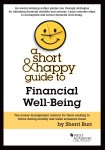 Sherri Burr is the Regents’ Professor of Law at the University of New Mexico School of Law where she teaches Entertainment Law, Intellectual Property Law, and Art Law. A graduate of Mount Holyoke College, Princeton University, and the Yale Law School, Burr has authored or co-authored twenty books, including A Short and Happy Guide to Financial Well Being (West Academic, 2014).
Sherri Burr is the Regents’ Professor of Law at the University of New Mexico School of Law where she teaches Entertainment Law, Intellectual Property Law, and Art Law. A graduate of Mount Holyoke College, Princeton University, and the Yale Law School, Burr has authored or co-authored twenty books, including A Short and Happy Guide to Financial Well Being (West Academic, 2014).
This article was originally published in the September 2011 issue of SouthWest Sage and is reprinted here by permission of the author.



 KL Wagoner (writing as Cate Macabe) is the author of This New Mountain: a memoir of AJ Jackson, private investigator, repossessor, and grandmother. KL has a new speculative fiction blog at
KL Wagoner (writing as Cate Macabe) is the author of This New Mountain: a memoir of AJ Jackson, private investigator, repossessor, and grandmother. KL has a new speculative fiction blog at 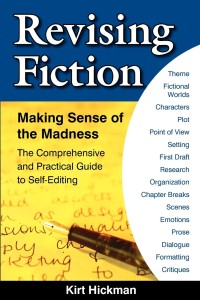

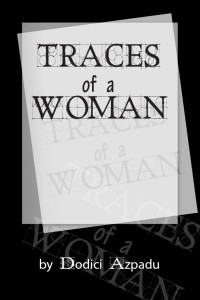
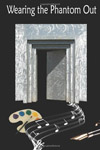

 Bob Gassaway started writing news for radio and television and moved to newspapers and The Associated Press, including a stint as a war correspondent in Vietnam. After earning a Ph.D. in sociology, focusing on the symbolism of human communication, he taught journalism for 22 years at the University of New Mexico and the University of Missouri. He has also written for magazines and professional journals and has published a number of book chapters. He now writes murder mysteries.
Bob Gassaway started writing news for radio and television and moved to newspapers and The Associated Press, including a stint as a war correspondent in Vietnam. After earning a Ph.D. in sociology, focusing on the symbolism of human communication, he taught journalism for 22 years at the University of New Mexico and the University of Missouri. He has also written for magazines and professional journals and has published a number of book chapters. He now writes murder mysteries.
